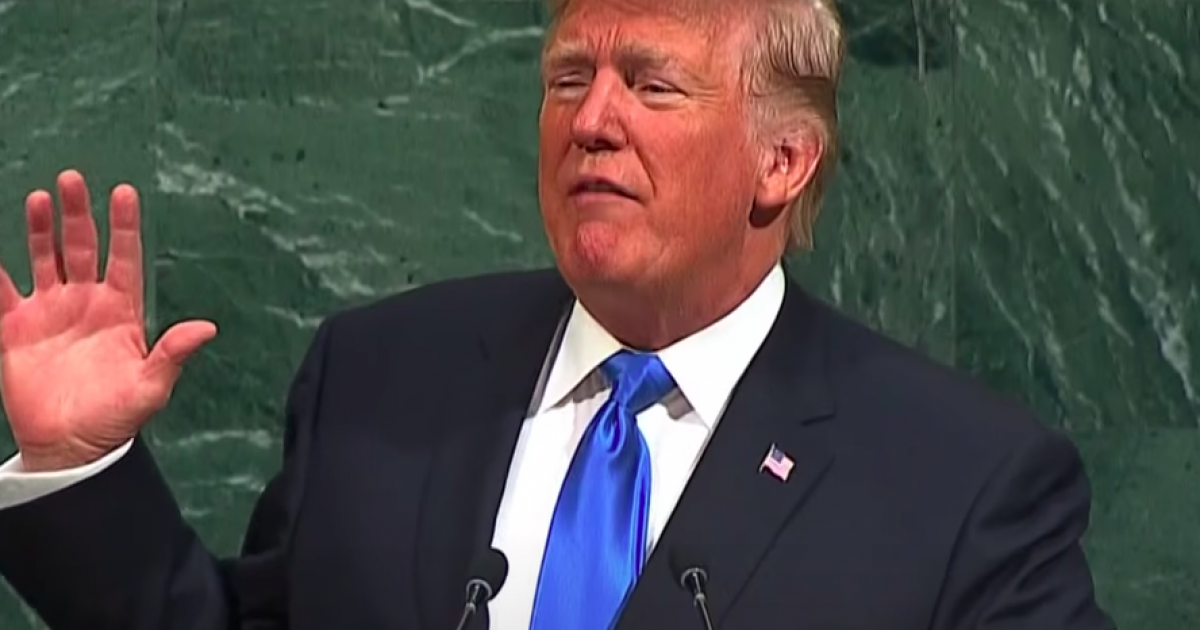
One of the biggest questions that political pundits are asking right now is if there will be a Trumpism after Trump.This refers to what the Republican Party will look like now that Donald Trump is no longer in office. A number of naive observers believe that now that Trump is gone, his ideas will no longer reverberate within the Republican Party base. We see this most blatantly with Rep. Adam Kinzinger (R-IL) who argues that Trump’s influence on the party is waning. Kinzinger is a moderate Republican who voted to impeach Trump and pass universal background checks.
However, such assumptions may be wishful thinking on the part of certain political observers. For a start, an Axios/Ipsos poll showed that 64% of Republicans still back former president Trump even after the January 6th storming of the capitol. At the 2021 Conservative Political Action Conference (CPAC), Trump was the overwhelming favorite among attendees after receiving 55% of the vote in the 2024 presidential straw poll.
Some pundits demonize Trumpism as a personality cult devoid of much substance. This is simply not the case. Sure, Trump did not get much of his agenda through while in office, but this can be largely attributed due to institutional inertia and sub-optimal staffing. That said, Trump ran on key issues such as foreign policy restraint, more reasonable trade policies, and a restrained foreign policy that distanced himself from his primary rivals and propelled him to victory in 2016. So one cannot say that Trump’s campaign and administration was based solely on personality. There was still substance in the background, despite the road bumps.
Even people at establishment conservative rags such as the National Review recognize what Trumpism actually is. Michael Brendan Dougherty was correct in observing that Trumpisim “is a populist-nationalist politics.” He added some salients points about Trumpism:
“[Trumpism] It is populist because it preaches political doctrines largely rejected by the incumbent political class: an America-first foreign policy, revision of the aims of our trade policy, and a halt to mass migration. It is a nationalist project whose ultimate aim is to restore the democratic link between the citizenry and government — a link that has been threatened by a class of “experts” who govern a subordinate native class on behalf of oligarchic interests.”
Since the end of the Cold War, Americans have largely grown tired of the international order that was formed after World War II to stave off the Soviet Union. With the lack of an aggressive peer competitor in the Soviets (though China may change that in the next few decades) the system has lost its purpose. As geopolitical analyst Peter Zeihan noticed, Americans as a whole have become less interested in foreign affairs and maintaining massive trade blocs. It’s a small wonder why upstart populists in the 1990s such as Ross Perot and Pat Buchanan made lots of noise during their presidential runs. Even politicians like George W. Bush in his advocacy for a humble foreign policy and Barack Obama’s opposition to the Iraq War and support for NATO members to contribute more to the alliance manifested a degree of foreign policy restraint and overall exasperation with the prevailing liberal internationalist order. Once they got in office, that was a totally different story.
Trump’s victory in 2016 represented the culmination of American’s frustration with the post-Cold War order. Although Trump’s presidential aspirations were dashed in 2020, his ideas live on. If anything, Trump lost 2020 because his campaign was filled with bland pandering to minorities and shopworn Conservatism Inc. talking points.
Going forward, Trump and his immediate network should go back to basics and turn to the foundational issues of reformed trade, foreign policy restraint, and immigration restriction.
In all likelihood, Trump will coast to an easy victory in 2024 should he decide to run again for office. In the case he doesn’t run, there are worthy successors such as Matt Gaetz, Josh Hawley, Ron DeSantis, etc. who can carry the mantle of nationalism.
The key is that they receive proper staffing and guidance so that they can comfortably govern. Make no mistake about it, the days of Bushism and Reaganism — brands of conservatism that pushed for internationalism, pro-mega corporation policies, and non-stop interventionism — are over. The sooner GOP donors and pundits recognize that, the better.



